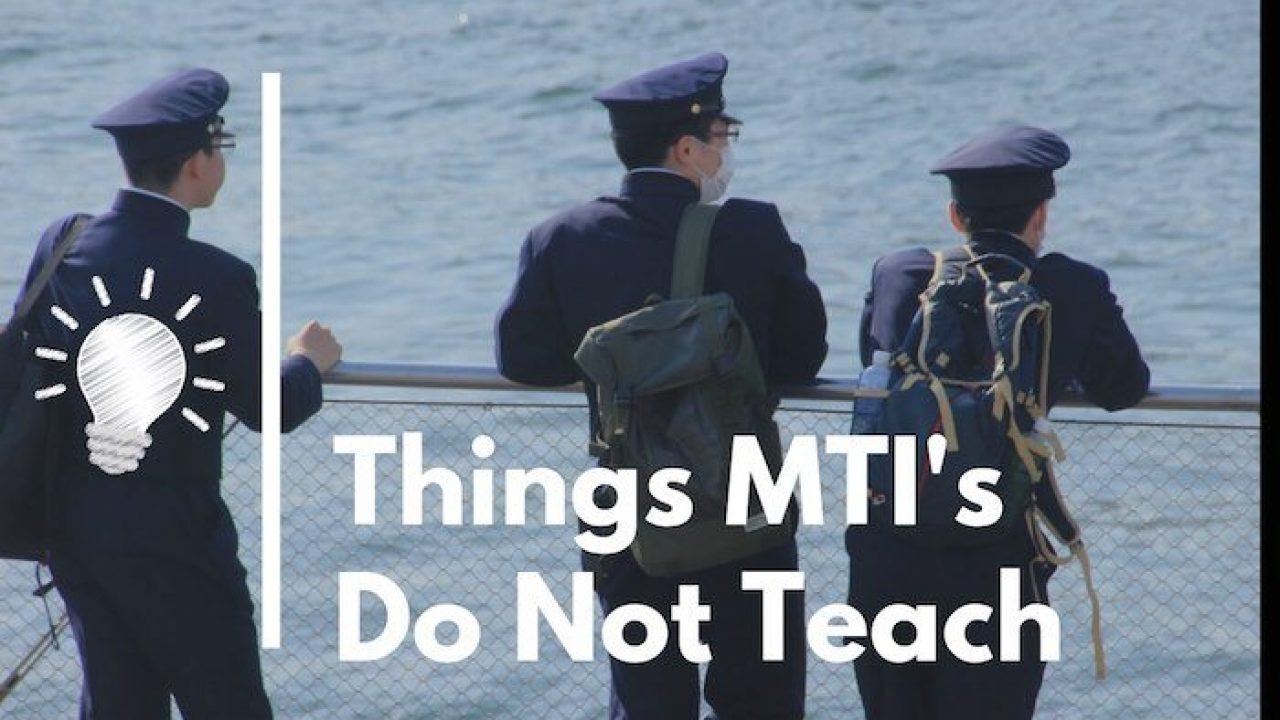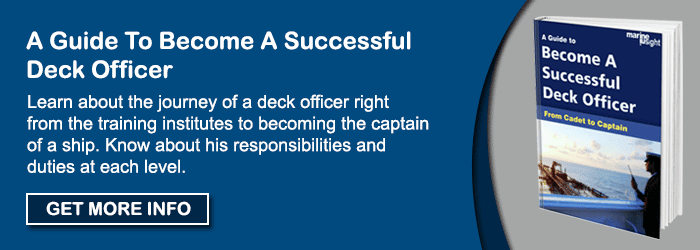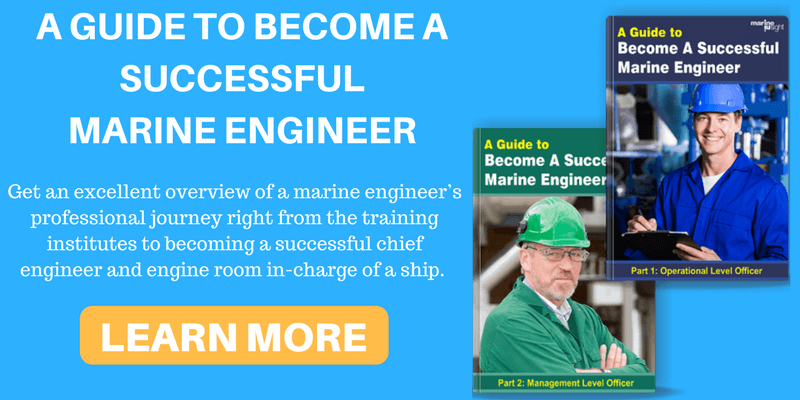As Benjamin Franklin said – “TELL ME AND I FORGET. TEACH ME AND I REMEMBER. INVOLVE ME AND I LEARN.”
For a professional at any stage in career life, learning is a continuous process.
However, what we learn in the colleges and academy form the base of everything in the future.
Maritime colleges play a crucial role in a seafarer’s life as he/she learns all the “life at sea” skills there.
Unfortunately, not all the maritime colleges and universities teach students the important skills needed in the “Real World”.
There is a vast gap between what the students are taught in the Maritime academies and what’s needed for a successful tenure at sea.
But not all seafarers are aware of it.
Maritime institutes, along with the theoretical knowledge must also introduce soft skills, which would make students ready to face unwanted situations and to succeed in life in general.
1. Time Management
Time management may be defined as utilizing the time effectively and productively.
This is something very critical and imperative onboard.
Some people don’t exercise this due to lack of interest or knowledge and things/situations get out of their hand sooner or later.
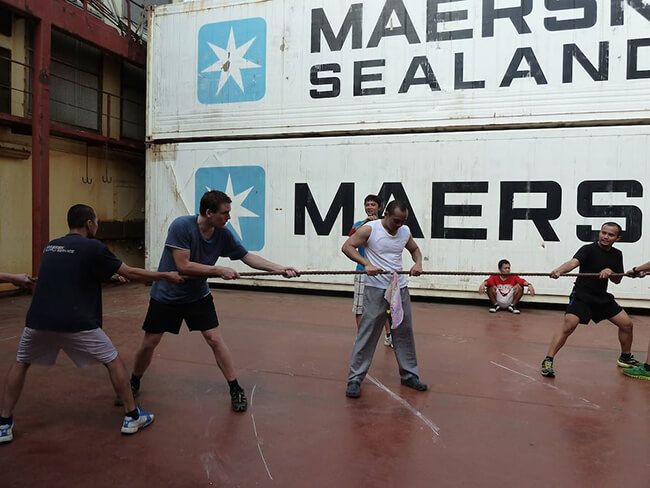
Photograph by Jr.Engineer Divya Raj
Maritime institutes don’t focus on teaching this part of the professional life onboard, and this is something which is never talked about in maritime academies.
In the maritime world where there is always various kind of pressures from all around, i.e., commercial or work-related, it is imperative to manage one’s time and not just stumble on the tasks you get.
We too have people onboard who well plan their jobs and stay happier giving results on time or accomplishing their jobs with good results.
Life onboard for them who exercise proper time management is always high on the hog.
Life onboard for them who exercise proper time management is always high on the hog.
Related Read: How to Stay Fit and Focused on Ships?
2. Task Prioritization
Prioritization is something which helps you to decide relative importance or urgency of things.
It helps you to analyse your jobs and grade them in a sequence of importance so that you can anchor your energy and concentration on the things that matter. It is something that can show your strength of handling multiple tasks in your professional life.

As you keep escalating in your rank, task prioritization will matter the most and will help you at all times
3. Adaptability
To cope up with the advancements in various things in the shipping industry, including the changes in the maritime laws and convention, it is essential to stay updated all the time.
The competency level required for any job onboard is changing rapidly along with the technology.
Even though so much around us has changed, in Maritime institutes still the same things are taught which were being taught a decade earlier.
It is foremost essential to be with the flow of the current to sustain in a highly competitive market.
4. Balancing Social and Professional Life
Many people say for mariners, it’s challenging to maintain a proper balance between Professional and Social life. This difficulty is only with the seafarers who wholeheartedly focus on work to escalate their career leaving no time for their friends and families.
Related Read: 10 Ways to Ensure WellBeing Of Seafarers At Sea
However, many seafarers do not know how to handle their careers and social life. Though it is essential to focus on work, it is equally important to finding a perfect and healthy balance between the two.
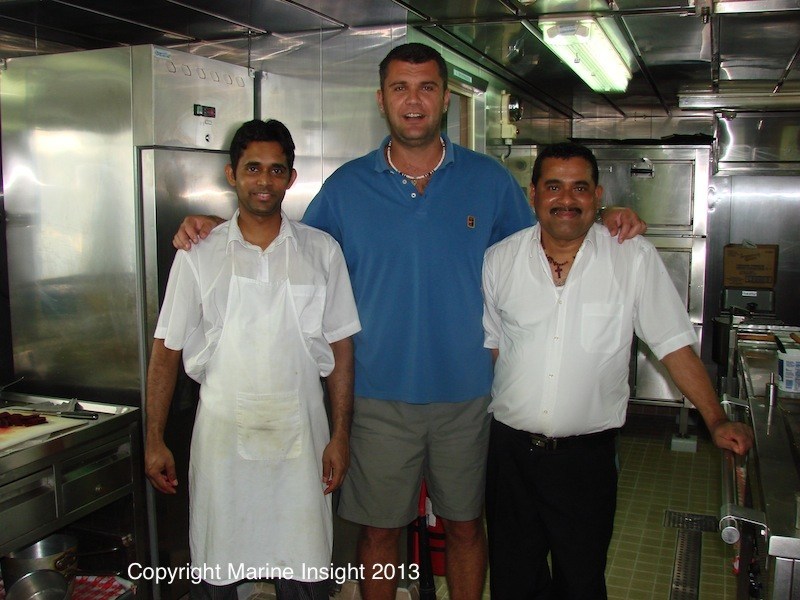
Officer with Chief cook and OS.
5. Financial management
As a seafarer, it is essential to manage your finances/money to ensure yours and your family’s financial wellbeing at all times and at times of critical situations. We have to be prepared for the day when we will not be able to work.
Consider the below as 3 essential tips for your financial planning:
- Personal Medical, health, and Life insurance
- Do not overspend
- Savings and Investments
Many of us choose this profession for money.
We all want to earn as much money as possible, and we work too hard to earn. It’s therefore very important to manage your finance.
6. Cyber Security
Being connected with friends, family and the world via the internet is now a necessity. However, with the technological advancements, shipping companies are providing internet facilities to its crew onboard to make them feel connected to the family and the world.
With the power of technology also comes the risk of using it. MAERSK fell victim to a major cyber-attack caused by the Not Petya malware, leading to a loss of approx. USD 300 million.
Related Read: Download New FREE Guide – Cybersecurity For Seafarers
As a budding seafarer, the maritime institutes can play a vital role in teaching social media usage and cyber security when at sea, which will not only save shipping companies from such financial cyber-attacks but also save the crew from maritime pirates.
7. Dealing With People With Different Nationalities
Going on the ship for the first time and finding oneself among a bunch of other nationals is very common.
However, we have our percipience how a particular nationality behaves, without knowing the facts accurately.
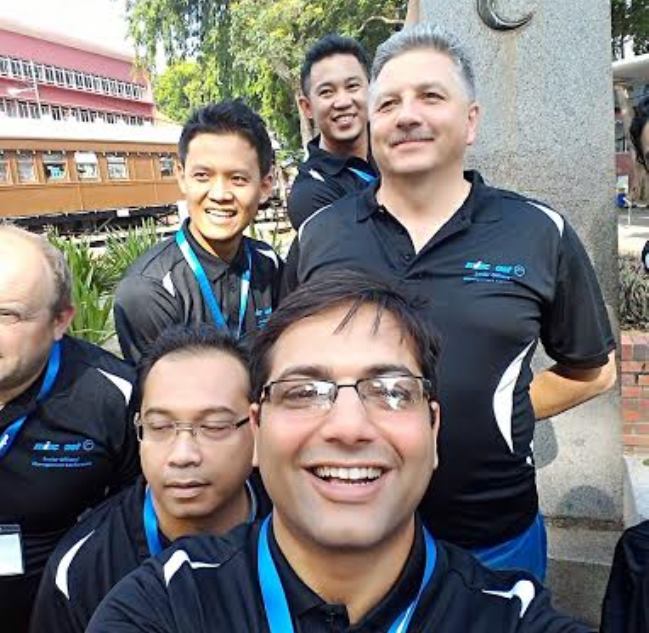
Photograph by Captain Manish Nayyar
For e.g., many nationalities do not appreciate loud communication or pointing fingers while communication, which may make the situation sore.
There are a handful of nations which are dominating the maritime industry and teaching the students about the culture, communication practices, and behaviours, in brief, will help them improve the inter-personnel relationships at sea which will ultimately make a successful team on ship.
8. Life Beyond Sea
If you are an experienced seafarer, you must have met someone who is planning to move ashore (or it might be you) after a long (or a brief) stint at sea.
With the qualification a marine engineer or a deck officer holds, there are different shore jobs which can be opted for.
However, seafarers are always in a dilemma about what kind of shore job they will get if they want to quit life at sea or settle ashore in the same industry. The maritime institutes can bridge this knowledge gap by providing a few essential lectures or classes at the end of the course.
9. Inter-communication Between Departments
Many institutes provide both nautical science and marine engineering courses on one campus. A ship runs safely and on time due to the teamwork of deck and engine department.
This teamwork can be practised right from the institution level where the MTI can arrange intercommunication classes between navigation and engineering departments, improving the operational awareness.
10. Digital Disruption In The Industry
Digital changes in the shipping industry are often and highly advanced.

Credits: kevin huges /wikipedia.org
From electronic engine to autonomous ships, the industry is adapting to automation at a pace higher than what is taught in the maritime academies.
For seafarers, there is no other alternative but to adapt to the changes as they come.
To make it a gradual adaptation (which will help them learn the process), additional automation and machine learning courses should be provided by the maritime academies, explaining how the seafarers will need to work in co-operation with the Remote Operating Centres (ROC) in the near future.
This is to ensure that future technologies are not disruptive but further help in the overall advancements for decades.
Over to you..
Do you know about any other things that maritime academies don’t teach?
Let’s know in the comments below.
